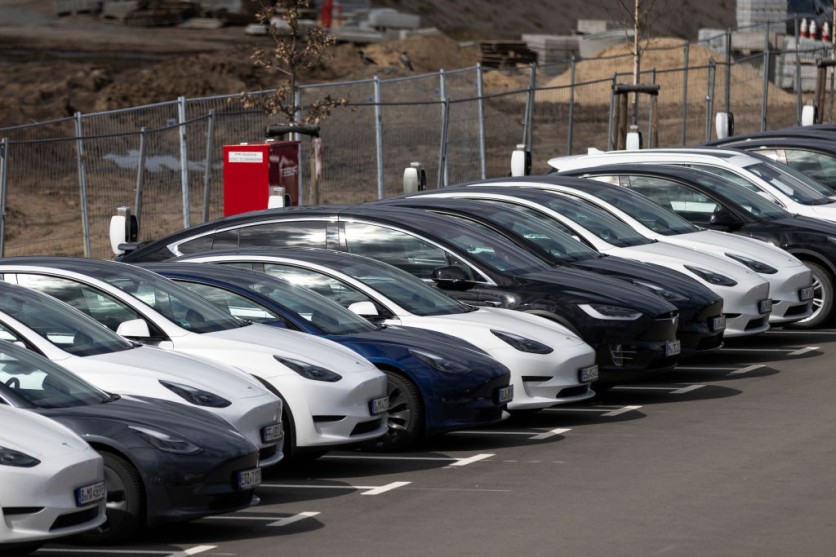Despite the growing popularity of electric vehicles as an eco-friendly alternative to traditional petroleum-based cars, a new poll reveals that many Americans are still hesitant to make the switch due to high prices and a lack of charging stations, according to a report by AP.

Why are Americans hesitant to go electric?
The poll by The Associated Press-NORC Center for Public Affairs Research and the Energy Policy Institute at the University of Chicago found that about 4 in 10 US adults are somewhat likely to switch to an electric vehicle.
The poll suggests that the Biden administration's plans to dramatically raise US EV sales may encounter resistance from consumers. Currently, only 8% of US adults say they or someone in their household owns or leases an EV, and only 8% claim their household has a plug-in hybrid vehicle.
Despite tax credits of up to $7,500 to purchase a new EV, persuading drivers to switch from gas-burning vehicles to cars and trucks without enormous emissions may be challenging.
High costs are a major deterrent for six in 10 Americans, with about a quarter citing it as a minor factor. Only 16% of respondents said the expensive cost would not be a factor in shifting to an electric vehicle.
However, according to Kelley Blue Book, the average price of a new electric vehicle is currently over $58,000, rendering them out of the price range of many American households. The average car sold in the US is only under $46,000.
The poll implies that consumers might not be willing to make the switch until the prices come down, despite the fact that many auto companies are investing billions in plants and battery technologies to accelerate the transition to EVs.
Financial incentives approved under the Inflation Reduction Act in 2022 are intended to lower EV costs and increase consumer demand, but new guidelines put forth by the US Treasury Department may prevent all electric vehicles from eventually being eligible for the entire $7,500 federal tax credit.
Read Also : New Electric Ram Truck, Battery-powered Kia SUV Introduced at New York International Auto Show
Not Enough Charging Stations
The poll found that roughly 75% of respondents said there were not enough charging stations, with 50% citing this as a key deterrent to going electric.
For more Americans to move to electric vehicles, this is a problem that the public and private sectors will certainly need to address.
To reduce emissions and combat climate change, President Joe Biden has set a goal for up to 50% of new vehicle sales to be electric by 2030.
However, only 19% of US adults say it is "very" or "extremely" likely that they will buy an electric vehicle the next time they buy a car, and 22% say it is somewhat likely. 47% of those surveyed said it's unlikely that they will switch to electric cars.
The poll suggests that the history-making shift from gas-driven vehicles to electric vehicles still has a long way to go, and auto companies and policymakers will need to work together to address the concerns of American consumers to achieve their goals of reducing emissions and fighting climate change.
Related Article : Tesla Gigafactory Texas Now Reportedly Produces 4,000 EVs Every Week: Still Behind Giga Berlin?

ⓒ 2026 TECHTIMES.com All rights reserved. Do not reproduce without permission.




